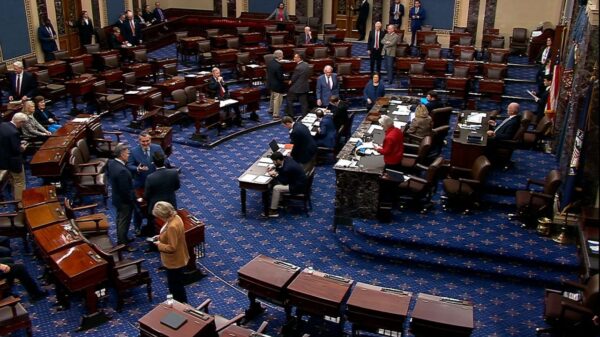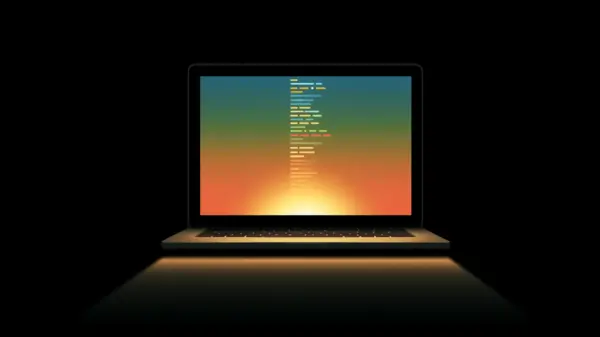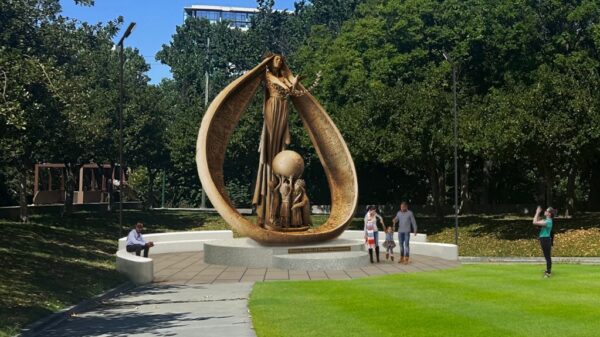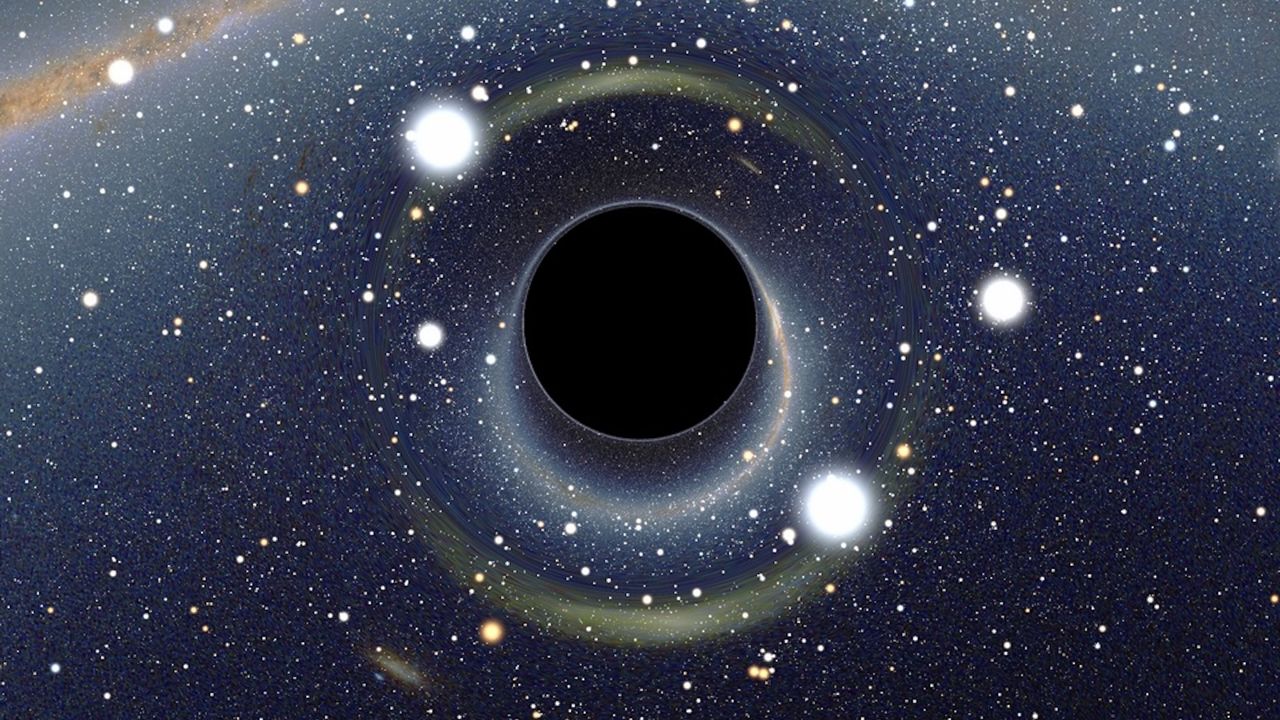A groundbreaking study indicates there is a 90% chance that a black hole will explode within the next decade. This prediction, made by physicists, challenges previous beliefs about the frequency of such events and suggests that advancements in telescope technology could enable us to witness this extraordinary phenomenon.
Stellar black holes, which typically form from the collapse of massive stars, are known for their immense gravitational pull, leaving behind a region from which nothing can escape. In contrast, primordial black holes (PBHs) are theoretical objects that may have formed shortly after the Big Bang. These ancient relics, composed primarily of hydrogen and helium, could be much lighter than their stellar counterparts.
According to research published in the journal Physical Review Letters, the likelihood of observing an explosion from these primordial black holes could be significantly higher than previously thought. Historically, scientists estimated that such explosions occurred only once every 100,000 years. However, the latest findings suggest a dramatic increase in frequency.
New Insights into Black Hole Physics
The research team, led by Aidan Symons, a graduate student from the University of Massachusetts, is optimistic about the potential for detecting an exploding black hole. “We believe that there is up to a 90% chance of witnessing an exploding black hole in the next 10 years. Our current fleet of space and ground-based telescopes is already capable of detecting such an explosion,” said Symons.
The focus of this study is primarily on primordial black holes, which, according to physicist Stephen Hawking, become increasingly hotter as they lose mass through a process known as Hawking radiation. As these black holes evaporate, they emit more particles, leading to a runaway effect that culminates in an explosion.
The breakthrough in this research stems from questioning established assumptions about the electrical properties of black holes. Traditionally, black holes were thought to have no electrical charge. However, the team explored the potential implications of PBHs forming with a small electric charge, involving hypothetical heavy particles termed “dark electrons.” These dark electrons would interact through dark electromagnetic forces, fundamentally altering our understanding of matter’s behavior around black holes.
Implications of Black Hole Explosions
The researchers propose that if a primordial black hole forms with a slight dark electric charge, it would experience temporary stabilization before ultimately exploding. This new model dramatically increases the likelihood of black hole explosions from once every 100,000 years to potentially once every decade.
Witnessing an exploding black hole would not only provide a stunning visual display but could also yield a wealth of information about subatomic particles. This includes not only known particles like electrons and quarks but also potentially undiscovered particles, including candidates for dark matter.
While the research team emphasizes that they are not guaranteeing an explosion within this decade, the high probability is compelling enough to prepare for such an event. Current telescope technology is already capable of detecting the subtle signs of Hawking radiation that would indicate an impending explosion.
If their calculations are verified, this research could shed light on some of the most profound questions in science, including the origins of the universe and the fundamental nature of matter. As we stand on the brink of potentially witnessing a black hole explosion, the scientific community eagerly anticipates what discoveries may lie ahead.





































































